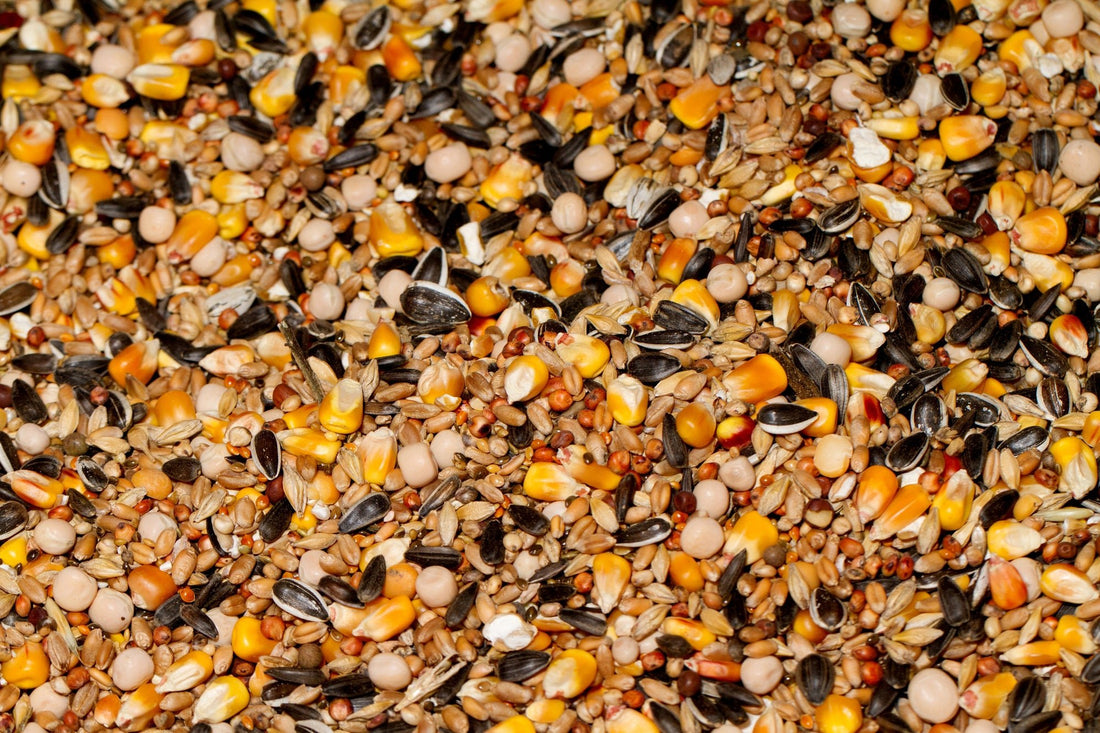Ensuring optimal nutrition for your feathered friends is essential for their health, happiness, and productivity. While commercial feeds are readily available, many poultry keepers opt for homemade alternatives to provide their chickens with a wholesome and personalized diet. From kitchen scraps to garden goodies, there's a plethora of ingredients you can incorporate into homemade chicken feed recipes. Let's explore some nutritional tips and delectable recipes to create a feast for your flock, ensuring they thrive and flourish.
Understanding Chicken Nutrition
Before delving into homemade feed recipes, it's crucial to understand the nutritional requirements of chickens at different stages of life. Protein, carbohydrates, fats, vitamins, and minerals are essential components of a balanced chicken diet. The protein requirement varies depending on factors such as age, breed, and purpose (e.g., laying, broilers). Chickens also require calcium for strong eggshells, phosphorus for bone health, and a range of vitamins to support overall well-being.
When formulating homemade chicken feed, aim to provide a diverse array of nutrients to meet their dietary needs comprehensively. Incorporating a variety of grains, seeds, legumes, fruits, and vegetables ensures a well-rounded diet that promotes optimal health and vitality in your flock.
Nutritional Tips for Homemade Feed
Crafting homemade feed allows you to tailor the diet to suit the specific needs of your chickens while minimizing reliance on processed ingredients. Here are some nutritional tips to consider when formulating homemade chicken feed:
- Balance Protein Sources: Incorporate a mix of protein-rich ingredients such as soybeans, peas, lentils, and mealworms to meet the protein requirements of your chickens. Varying protein sources ensures a complete amino acid profile, supporting muscle development, feather growth, and egg production.
- Provide Essential Fats: Include sources of healthy fats, such as sunflower seeds, flaxseed, and fish oil, to support skin and feather health, as well as nutrient absorption. Fats are also an excellent source of energy for chickens, especially during colder months or periods of increased activity.
- Offer Calcium-Rich Foods: Ensure adequate calcium intake by offering crushed eggshells, oyster shells, or finely ground limestone as a supplemental source. Calcium is crucial for eggshell formation and skeletal health, particularly for laying hens.
- Include Vitamin-Rich Foods: Incorporate fruits and vegetables high in vitamins A, D, E, and K to support immune function, reproductive health, and overall vitality. Leafy greens, carrots, squash, and berries are excellent choices for boosting the vitamin content of homemade chicken feed.
Homemade Feed Recipes
Now that you're familiar with the basics of chicken nutrition, let's explore some simple and nutritious homemade feed recipes to tantalize your flock's taste buds:
- Nutty Grain Mix: Combine equal parts of whole grains such as oats, barley, wheat, and corn with sunflower seeds, flaxseed, and chopped nuts. This hearty mix provides a balance of carbohydrates, protein, and essential fats to keep your chickens satisfied and energized.
- Garden Greens Medley: Harvest an assortment of fresh greens from your garden, including spinach, kale, Swiss chard, and dandelion leaves. Chop them finely and mix with cooked quinoa or brown rice for a vitamin-packed treat that's as nutritious as it is delicious.
- Protein Power Blend: Blend cooked beans or lentils with cooked quinoa, chopped hard-boiled eggs, and a sprinkle of nutritional yeast for a protein-rich meal that promotes muscle development and egg production.
Feeding Practices and Considerations
When offering homemade feed to your chickens, it's essential to monitor their intake and adjust the recipes as needed to ensure they receive adequate nutrition. Provide fresh water at all times and avoid overfeeding or offering spoiled food to prevent digestive issues and spoilage.
Additionally, consider supplementing homemade feed with commercial poultry pellets or crumbles to ensure your chickens receive essential vitamins, minerals, and micronutrients. Balancing homemade and commercial feeds allows for flexibility and convenience while prioritizing the nutritional needs of your flock.
Nourishing Your Flock Naturally
Creating homemade feed for your chickens is not only a rewarding endeavor but also a way to promote their health and well-being through nutritious, wholesome ingredients. By understanding their nutritional requirements and experimenting with various recipes, you can provide your flock with a diverse and satisfying diet that supports their growth, vitality, and longevity. Whether you're using kitchen scraps, garden harvests, or specially formulated blends, homemade feed offers endless possibilities for nourishing your feathered companions and fostering a deeper connection with your flock.

